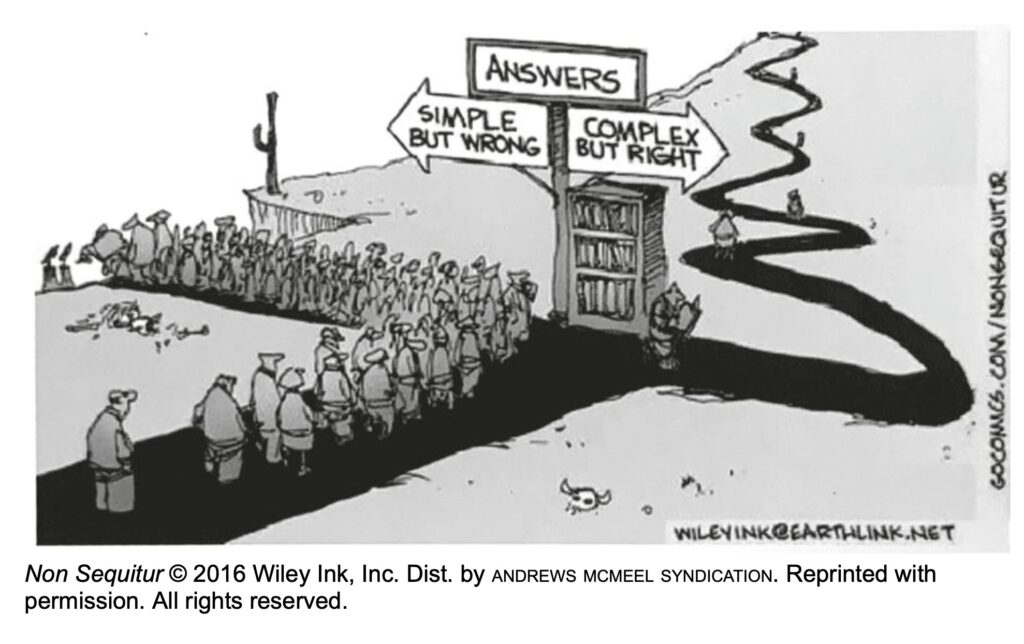Listen to the Podcast discussion above.
Recently, Paul Barnhurst shared a post about how a particular group or service helped boost his social media following. He described going from having a small audience to one with many followers. This topic, as always, piqued my interest. After all, we often encounter the cartoonish idea of gaining followers: “easy but wrong,” versus “difficult but right.” But this dichotomy raises a critical question: is having more followers inherently good, or does it depend on the value you’re providing to them?

The number of followers you accumulate isn’t necessarily a sign of success. It’s vital to consider what direction you’re guiding those followers toward. A cartoon can illustrate this well—more followers can mean more people falling off a cliff if you’re not offering meaningful guidance. The key question is whether those followers are better off for having found you. If following you leads them down a worse path, then perhaps they would have been better off not following you at all. The unfortunate reality is that people who don’t follow you may end up in a better place.
This issue first surfaced a few years ago in a conversation with Anders Lou Lindbergh, a well-known figure on LinkedIn. He had proudly declared that he was ranked as the number six most influential person on the platform, based on some measure of influence. However, he also claimed that according to a different metric, he was the most influential because his engagement rate was twice as high as the second-place person. When I asked him why this was a good thing, he didn’t seem to understand.
I then posed an analogy to him. Suppose you’re an investment advisor. Your followers’ investment portfolios can be measured to determine whether your advice leads to success. If their portfolios consistently outperform the market, then your advice is valuable, and you certainly have something to celebrate. But if, on the other hand, their portfolios consistently underperform, wouldn’t it be better for them not to follow you? In this case, people who don’t follow your advice are doing better than those who do.
It’s a simple concept that Anders didn’t seem to grasp, and when I asked him about it, he didn’t respond. In fact, it looks like he even deleted the post, as I can no longer find it. This isn’t an isolated case. We see similar scenarios all the time with social media influencers, particularly in niche fields like Excel.
One interesting experiment I’ve noticed is the “Gordon Ramsay experiment,” which tests social media influencers’ ability to guide their followers toward achieving real success. If we apply this idea to the Excel space, I can’t help but wonder how these influencers fare in terms of real-world results. Sure, they might tout being part of the 1% of top influencers, but if the advice they’re giving leads people toward subpar results, are they truly providing value? Is following them actually helping people achieve more in Excel, or is it just adding to the noise?
So, why are you following them? If the results speak for themselves and those you’re following aren’t producing tangible benefits for you, perhaps it’s worth considering whether unfollowing them might be the smarter choice. In the end, followers and influence should be about more than just numbers—it’s about whether those followers are truly better off from the advice and content you provide. If not, maybe it’s time to reconsider who you’re listening to.
I’ll leave it at that for now.






Add comment